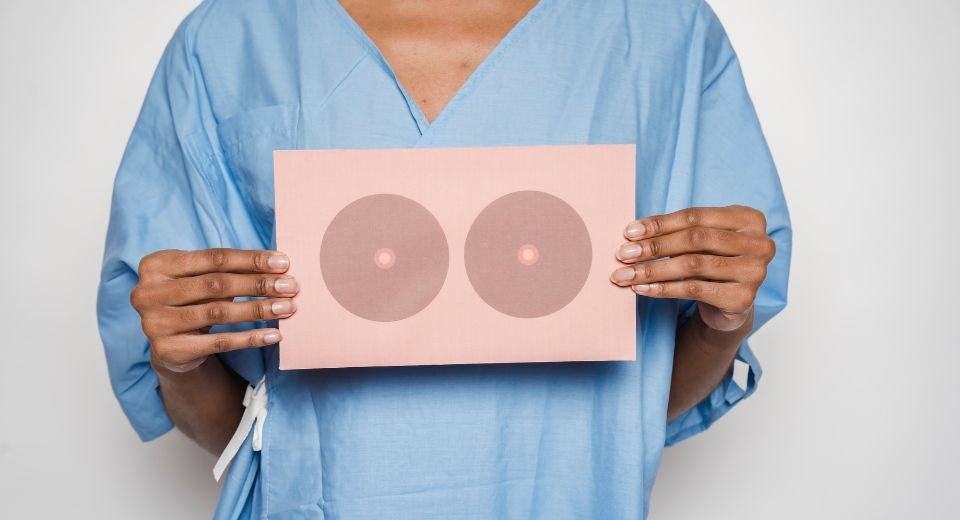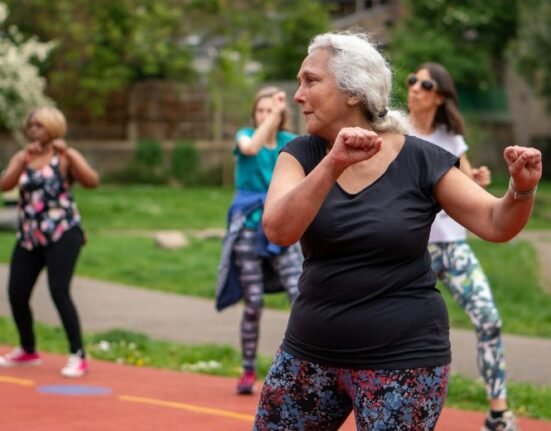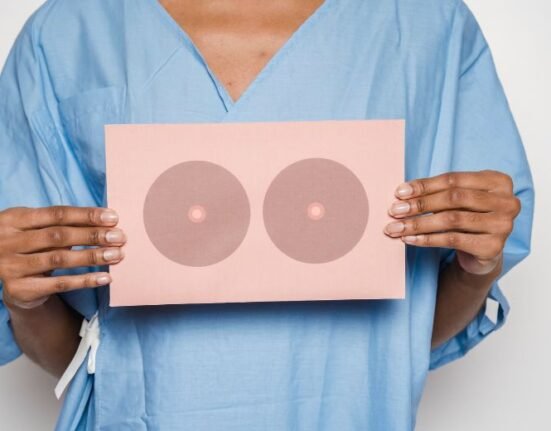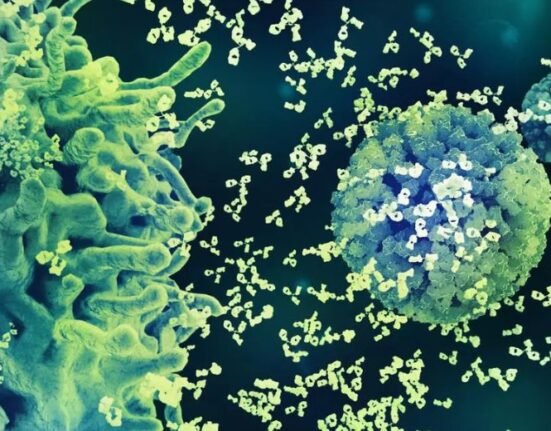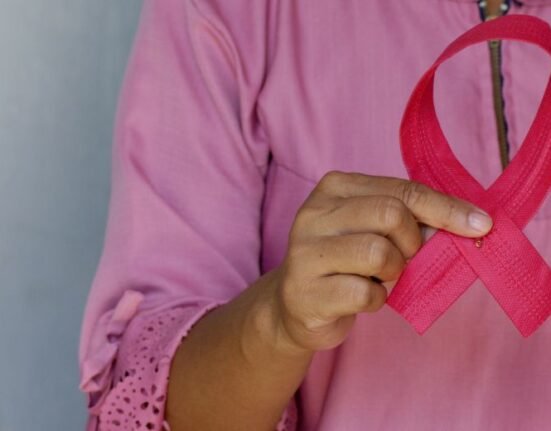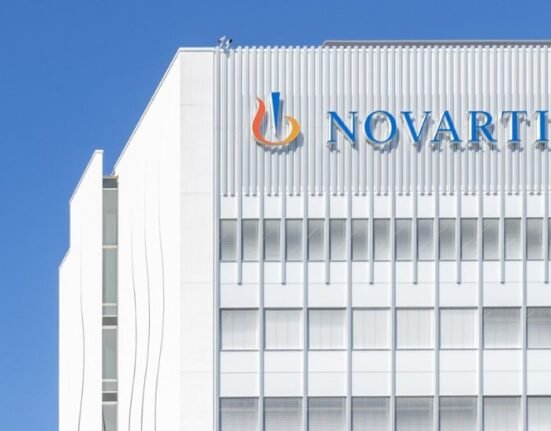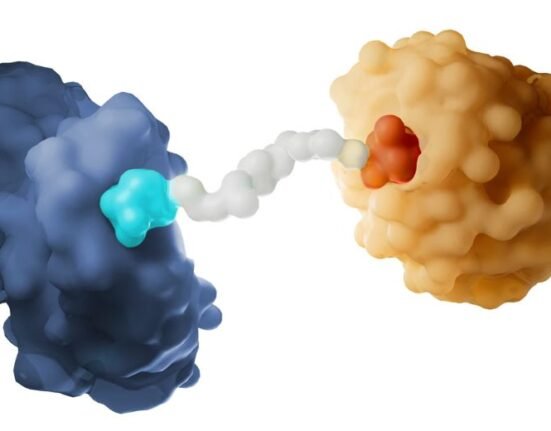HQ Team
June 3, 2023: Novartis breast cancer drug Kisqali cut the risk of recurrence of the disease by more than 25% in a trial on patients with early-stage cancer.
In a recent trial presented at the American Society of Clinical Oncology conference, it was presented that when Kisqali is added to endocrine therapy, it reduces the risk of recurrence by 25% across a broad population of patients with early breast cancer.
The drug is used in the most common kind of breast cancer – HR+/HER2, and significantly reduces the risk of the cancer returning after treatment, according to a new study.
“Having seen that benefit, it made perfect sense to assess whether the same benefit can now be extended to a group of patients with breast cancer who are at a much earlier stage of their disease,” Novartis’ Dr Shreeram Aradhye, president for global development and the company’s chief medical officer, said at a news conference Friday. “Breast cancer is often diagnosed at an earlier stage, but because it is picked up early, as in stage two or three, before it has spread, does not necessarily mean that those patients are not at risk of a potential recurrence.”
Endocrine therapy
Many studies show that some people have a high risk of recurrence that can last decades. Doctors use endocrine therapy to reduce the risk of the cancer coming back. Also known as hormone therapy, it slows or stops the growth of hormone-sensitive cancer cells.
Approximately one-third of those diagnosed with stage II and more than half of those diagnosed with stage III HR+/HER2- EBC experience cancer recurrence, some studies show. The risk of recurrence continues over decades with more than half of breast cancer recurrences occurring five or more years after diagnosis. For many of these patients, there are currently no targeted therapeutic options outside of standard chemotherapy and endocrine therapy.
Trial
The research by Novartis was a randomized, controlled trial of 5,100 patients in 21 countries. The participants were pre- and post-menopausal women and men who were followed for three years.
Kisqali improved the percentage of people with invasive disease-free survival to 90.4% at three years, compared with 87.1% without it, in patients with early HR+/HER2- breast cancer, the study found.
The drug is highly-priced and costs up to $15,000 a month, hence, it is not a cost-effective treatment. However, given that approximately 90% of breast cancer patients are diagnosed in the early stages, Kisqali could prove to be an effective option for reducing recurrence during this crucial stage of treatment. The medical community has received this news positively, recognizing the potential benefits of Kisqali in improving patient outcomes.


